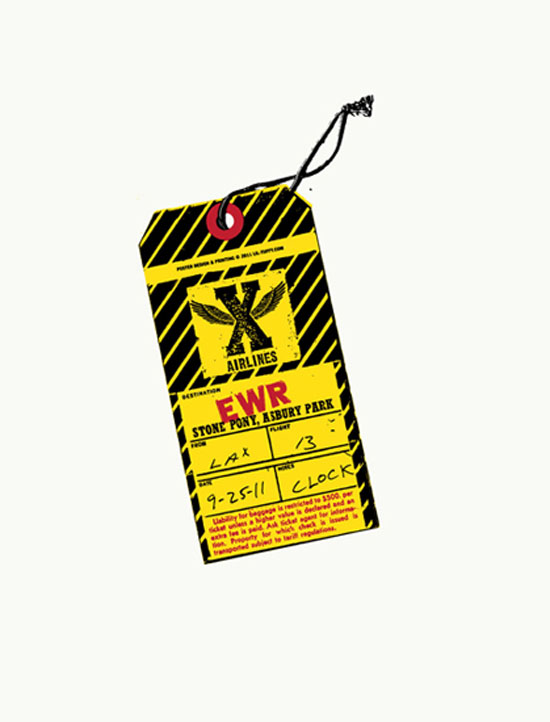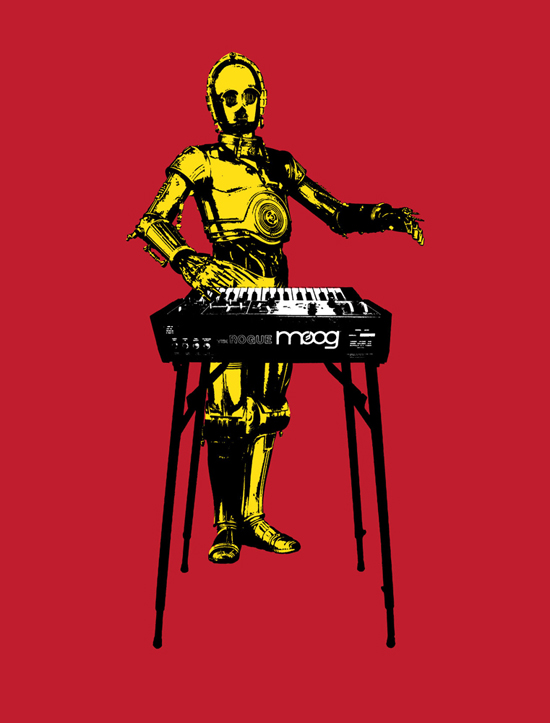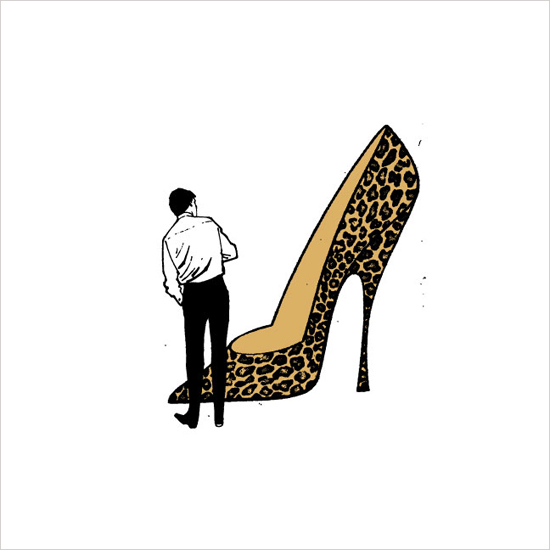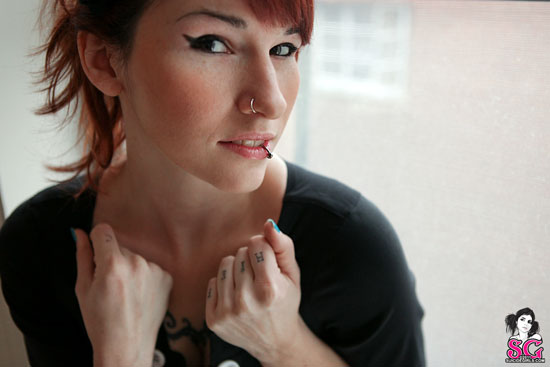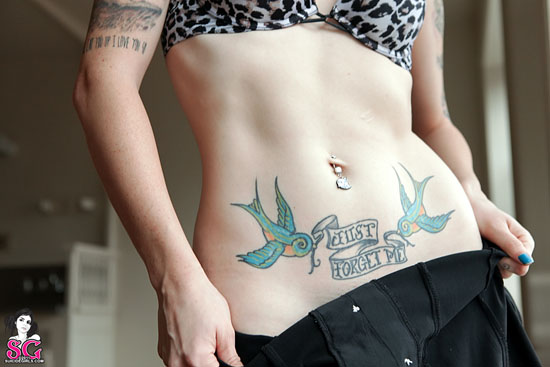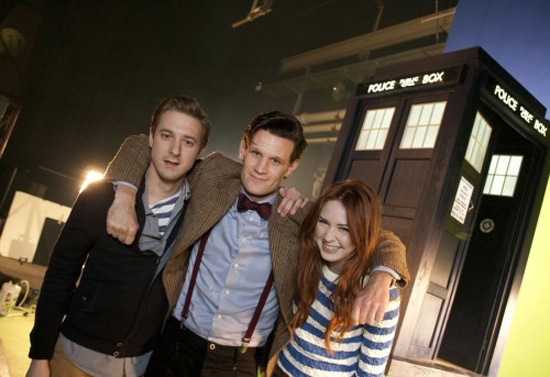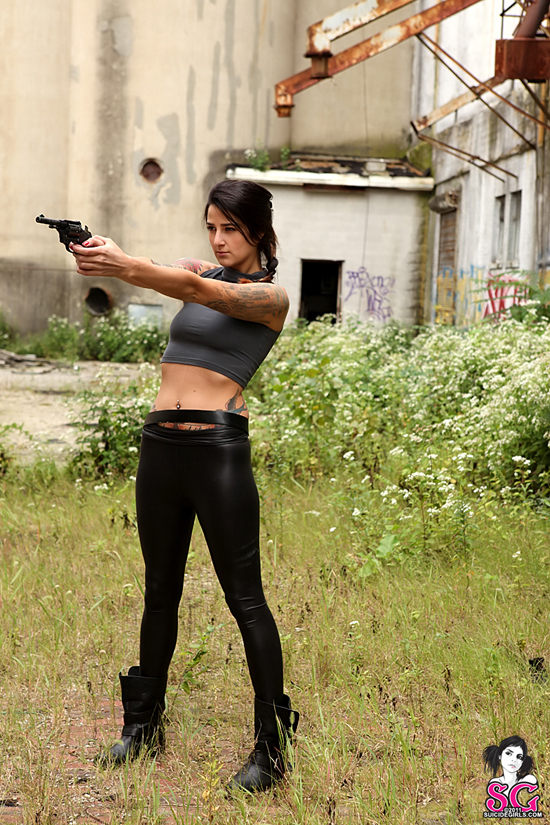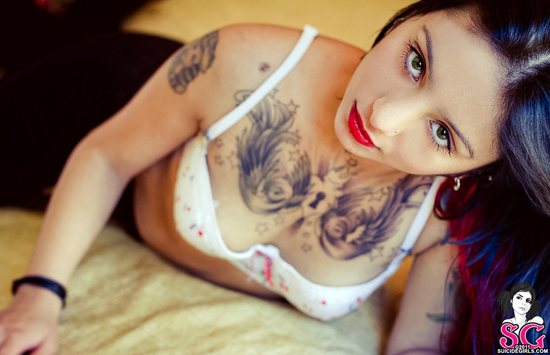by Nicole Powers
“It’s a race to the bottom all around the world right now. Canada, Germany, the US, and the UK, as well as the rest of the EU, are basically locked in a race to see who can implement 1984 the fastest.”
– Cory Doctorow
“Omfgomfgomfgomfgomfg you have no idea how amazing you are!!!!!” was the exact turn of phrase used by my Twitter friend @EisMC2 when I told her I’d just interviewed Little Brother author Cory Doctorow and had returned with a signed copy of the book for her. Indeed it was @EisMC2 and her fiancé @JackalAnon who first turned me on to Doctorow’s epic updated spin on George Orwell’s Big Brother vision, which was first published in 2007. Uncannily prophetic, the novel serves as a veritable playbook for the Occupy movement, and with online pranksters turned hacktivists as its heroic protagonists, it is also an inspirational work for many Anons (hence the need for at least five omfgs). Combining an action packed and V-relevant plot with a solid historical perspective on activism, in retrospect, Little Brother may be considered one of the great civil liberties texts of our time.
The math, science, and sociopolitical commentary spun into the prose of Little Brother is pure genius, while the story makes for a gripping reading experience. As @EisMC2 puts it, Doctorow has a knack “for distributing the #Truth in a manner everyone can understand.” For example, during an expository paragraph regarding a key plot point, Doctorow also manages to simply and concisely explain how Bayesian mathematics (which puts the spam in your filter) is being deployed in an unscientific way to find “statistically abnormal” people to put under the security microscope – irrespective of whether they’re actually likely to have done anything wrong. Even if advanced probability theory isn’t your thing, by the time you’ve finished Little Brother, you’ll have a deep understanding of how this kind of statistical analysis – which government agencies routinely rely on to make policy and find targets in the war of terror – can be misinterpreted and manipulated with chilling effect.
Though set in an unspecified near future, much of the fictional dystopian world Doctorow depicted when he wrote Little Brother five years ago is now a reality (such as the indefinite detention of US citizens without trial or due process). It’s a tale of terrorism, society’s overreation to it, the psychology of fear, and the erosion of our constitutional rights. It also contains many elements occupiers will be all too familiar with: protests, out of control cops, pepper spray, tear gas, smoke bombs, police brutality, and a biased and lazy media “reporting” on it all.
At the start of the year, having spent some quality time at OccupyLSX, I met up with Doctorow at his North London workspace. Surrounded by cool gadgets, toys, and all manner of geek memorabilia (such as an original 1973 set of D&D boxed game instructions), I chatted at length with the author, digital rights champion, and Boing Boing co-editor about Little Brother, its forthcoming sequel Homeland, the realities of Big Brother, and how to stay under the radar when living in a surveillance state.
Read our exclusive interview with Cory Doctorow on SuicideGirls.com.
For more on Cory Doctorow visit craphound.com/. A free copy of Little Brother can be downloaded under a Creative Commons license here.
A staged version of Little Brother by The Custom Made Theatre Co. is currently playing through February 25 in San Francisco. Visit Custommade.org for full details.



